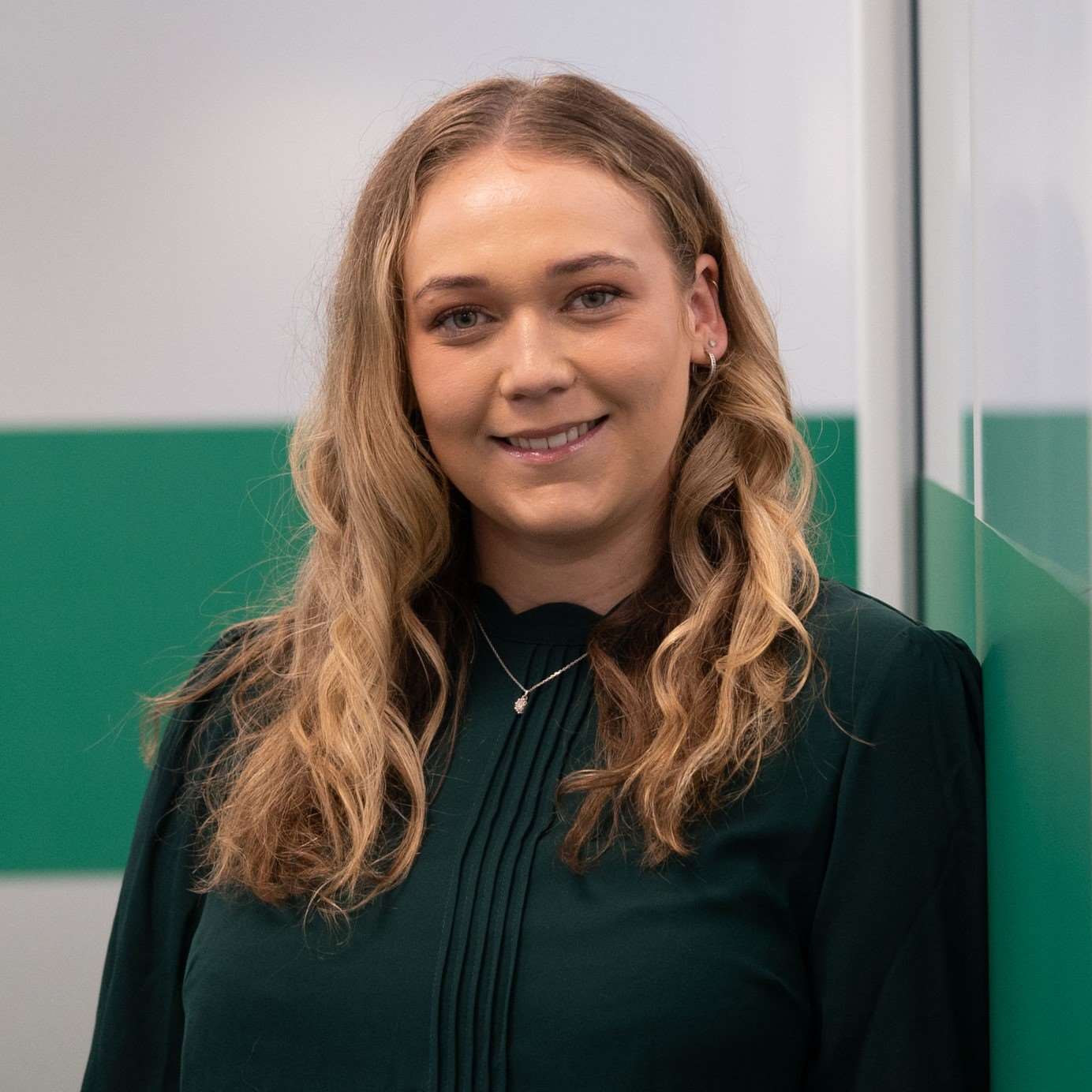Key considerations when purchasing a dental practice

Are you about to set up your first dental practice or are you an experienced principal looking to acquire a new venture?
Rebecca Robinson, director in the company commercial team at Wake Smith Solicitors, looks at key issues when purchasing a dental practice.
This article covers:
- Funding
- Due diligence
- Structure
- CQC registration
- Your next move?
Funding
The first step in establishing or purchasing any business is to evaluate your finances.
There are many funding options available to practice owners and most lenders have teams specialising in healthcare funding to suit your particular needs.
Lenders will have different requirements depending on whether you are a first time buyer, the deposit you have available, whether you are part of a dental corporate group and whether your practice is NHS, private or mixed.
It is likely a lender will want to secure any loan advanced against the practice assets, including a first legal charge over any property. Whilst this is standard, you should consider the flexibility required in using the property as security for any future funding.
As part of the funding process, the lender will usually instruct a specialist dental RICS surveyor to carry out a valuation of the practice. As a sector expert, the surveyor will look at comparable practices in order to value the property and also look at fee income and profitability by reference to any UDA’s/UOA’s under any NHS contract (where applicable), to value the goodwill of the practice.
The lender’s valuation report is reviewed by your lawyer as part of the due diligence process.
Due diligence
Once you have instructed your lawyers, one of the key tasks is for your team of specialist professionals to carry out due diligence on the practice.
This will involve your lawyers:
- Investigating title to the property. This typically includes reviewing the title to the practice, raising standard enquiries and carrying out searches on behalf of yourself and the lender (typically, local authority, drainage and water, coal authority, environmental and flood risk reports and any other site-specific searches);
- Reviewing the NHS contract (if applicable) and advising on any assignment/transfer provisions;
- Reviewing any partnership agreement and contracts relating to the practice such as for dental practice equipment, contracts and advising as to any assignment/transfer provisions and if applicable, the requirement for new contracts and/or partnership agreement; and
- Reviewing employment contracts and advising on the applicability of TUPE (the Transfer of Undertakings (Protection of Employment) regulations).
Structure
Practice ownership can come with significant benefits but also financial risk and responsibilities.
Taking advice and carefully thinking about the structure of the practice at the outset is prudent.
The traditional practice structure is by way of a principal sole trader or partnership. In today’s markets however there are an increasing number of dental corporates, expense sharing arrangements, incorporated practices and hybrid structures; each of these have their own merits, so advice should be taken from both your lawyers and your accountants as to the proposed structure.
If buying an existing practice, the structure and how the acquisition will be financed go hand-in-hand and expert guidance should be sought from your team of specialist advisors.
With an NHS practice, for example, the structure will very much depend on the entity holding the NHS contract. This is where the goodwill and value sit in the practice and any transfer will need to first be approved by the Local Area Teams.
CQC Registration
Every new dental practice will need to apply for CQC registration. Similarly, any transfer of ownership of a dental practice will require CQC approval.
Such processes can take up to 3 months so it is best to start the applications as soon as the decision is made to set up or buy an existing practice.
An up-to-date DBS check (formerly CRB) will also be required (not more than 6 months old).
There may be other regulatory hurdles to go through as part of CQC registration including liaising with the Local Area Team in respect of the proposed transfer of any NHS contract.
Your professional team can assist you in this process and advise as to any intermediate structures necessary to avoid any delay in the completion of the purchase.
Your next move?
For further information on legal matters around buying a dental practice please contact Rebecca Robinson at Wake Smith Solicitors on 0114 224 2007 or email rebecca.robinson@wake-smith.com
Find out more about our Company Commercial services
Posted 12/12/23

About the author
Director in Company Commercial






